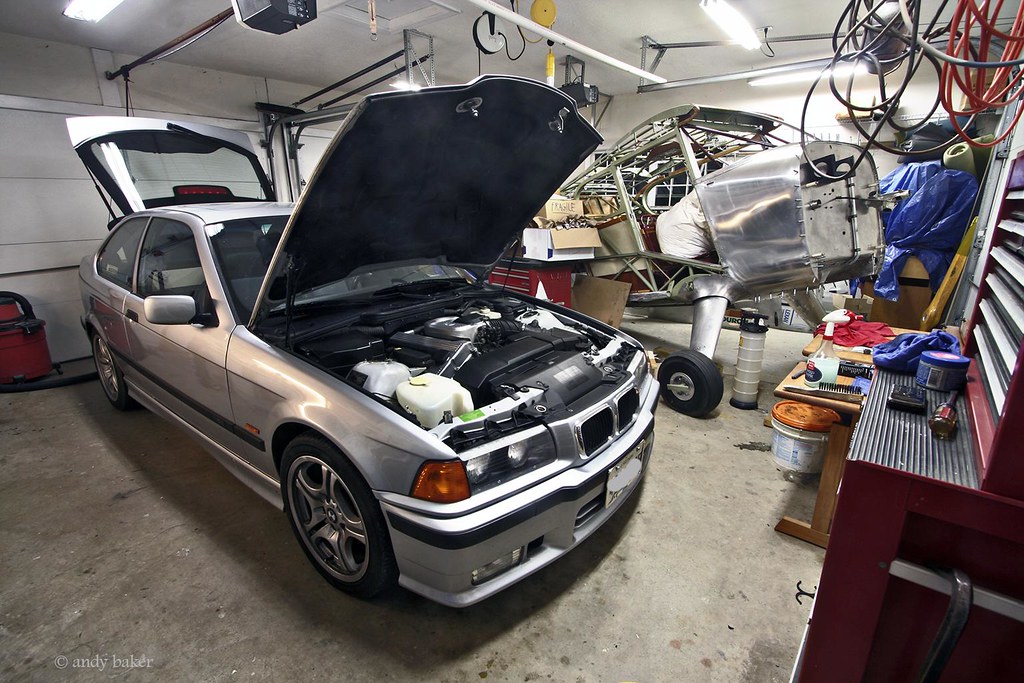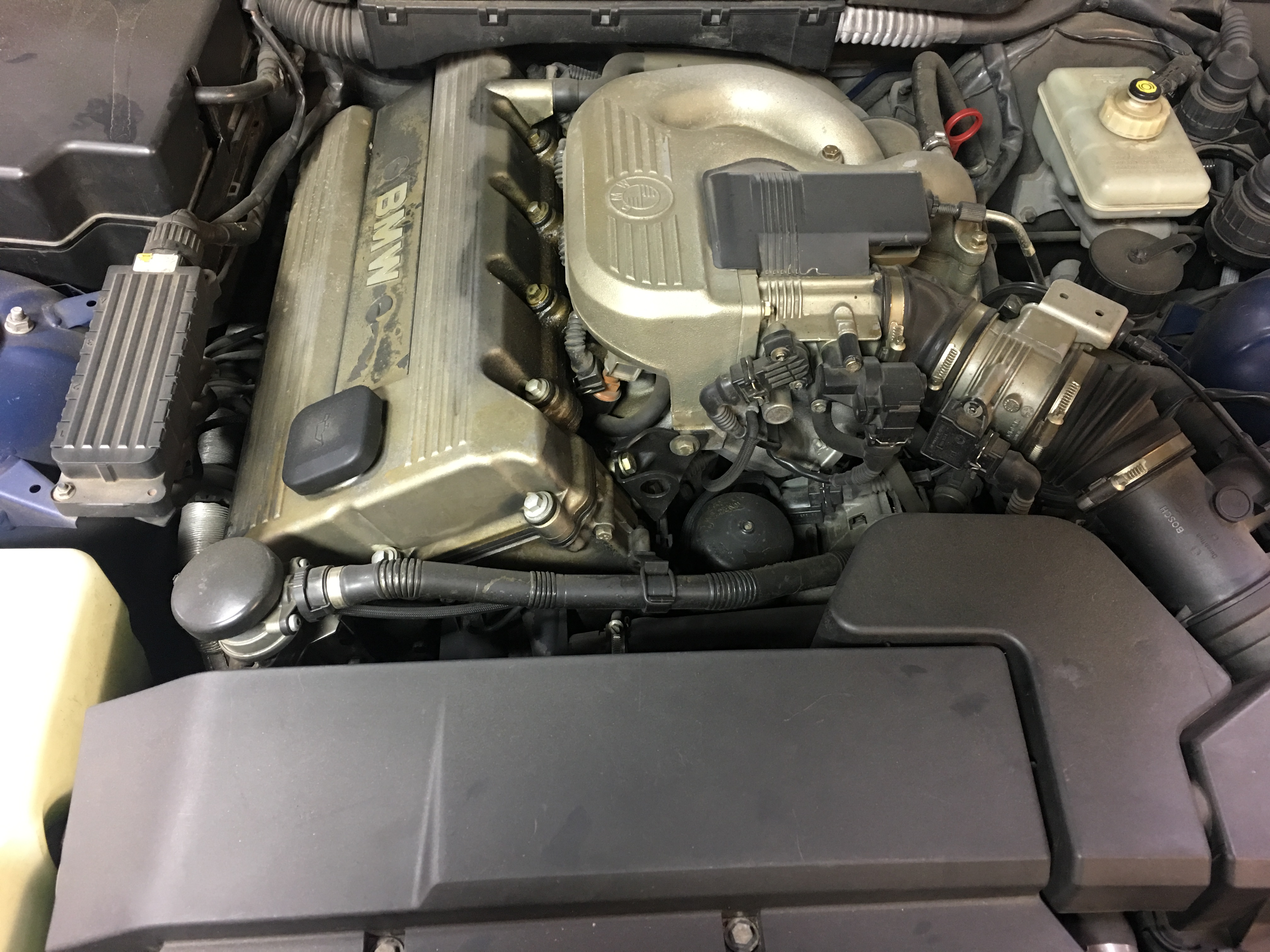The BMW 318ti: A Blend of Design, Comfort, and Performance
The BMW 318ti: A Blend of Design, Comfort, and Performance
Blog Article
Crucial Considerations for Choosing the very best Engine for Your Requirements
In the realm of picking the suitable engine to meet your demands, numerous essential variables demand precise consideration to make sure optimum performance and efficiency. From the nuanced equilibrium between power and performance to the often-overlooked elements of upkeep and solution needs, each aspect plays a crucial function in establishing the most suitable engine for your certain needs.
Power and Efficiency
When evaluating engines for ideal performance, it is vital to prioritize both power outcome and performance. Power output measures the capacity of an engine to produce energy, which directly impacts its performance. A high power outcome is essential for demanding jobs such as sturdy applications or high-speed requirements. It makes sure that the engine can take care of the work successfully and effectively. Nevertheless, power alone is not adequate; efficiency plays a significant function in establishing the general performance of an engine. Efficiency describes just how well the engine converts fuel right into functional energy. A a lot more effective engine will provide much better mileage, lower exhausts, and minimized operating expenses. Striking the appropriate balance between power outcome and performance is vital to selecting an engine that satisfies your details requirements. It is necessary to think about factors such as the planned use the engine, ecological effect, and long-term expense implications when making this choice. By meticulously examining both power and efficiency, you can pick an engine that supplies ideal efficiency and satisfies your requirements efficiently.
Gas Efficiency and Economic Climate
Fuel efficiency refers to the engine's ability to convert fuel into power with marginal waste, straight affecting operating expenses and environmental sustainability. Engines with higher gas performance not just lower gas costs but also lower carbon emissions, adding to a greener operation.

Compatibility and Application
Taking into consideration the fuel effectiveness and economic climate of an engine, the next vital aspect to address is its compatibility and application within particular functional contexts. Compatibility refers to how well the engine integrates with the general system or tools it powers.
Additionally, the application of the engine is just as essential. Different engines are designed for certain purposes, whether it be commercial machinery, aquatic vessels, autos, or power generators. Recognizing the designated application enables for the option of an engine that can deliver the needed power outcome, torque, and functional attributes. As an example, a high-revving engine made for performance autos would certainly not be suitable for durable building devices that calls for high torque at check my reference low speeds.
Maintenance and Solution Demands
Upkeep and solution demands play an important duty in guaranteeing the long life look here and ideal performance of an engine. Routine upkeep is important to prevent break downs, expand the life-span of the engine, and maintain its performance. When choosing an engine, it is very important to take into consideration the producer's recommended upkeep routine and the schedule of service centers or qualified service technicians.
Aspects such as the regularity of oil modifications, filter replacements, and total inspections can significantly impact the engine's performance. Some engines might require even more constant maintenance based on their style and usage, while others might have longer intervals between upkeep checks. It is crucial to stick to these service demands to stay clear of pricey repair work and unanticipated downtime.

Expense and Budget Factors To Consider
Spending plan constraints usually play a significant duty in the decision-making procedure when choosing an engine for a specific application. When considering the expense and budget implications of choosing an engine, it is vital to evaluate not only the initial acquisition cost yet additionally the long-lasting expenses connected with upkeep, fuel intake, and prospective upgrades or fixings. It is critical to strike an equilibrium in between the ahead of time expense of the engine and its total lifecycle expenses to make sure that the chosen engine stays financially sustainable throughout its functional life-span.
Aspects such as gas dependability, sturdiness, and performance can directly influence the complete price of ownership of an engine. While a more costly engine may have higher upfront prices, it can possibly cause reduced upkeep and gas expenditures over time, thus providing much better value in the future. Furthermore, considering the accessibility and expense of extra components, in addition to the convenience of upkeep and solution, can assist avoid unforeseen monetary stress in the future. By very carefully reviewing these price and spending plan considerations, you can make an enlightened decision that lines up with your functional demands and monetary constraints.
Conclusion

Fuel performance refers to the engine's ability to convert gas right into energy with news very little waste, straight influencing operating expenses and ecological sustainability.Variables influencing fuel effectiveness include engine style, combustion performance, and general performance optimization. In addition, picking the appropriate gas type and grade as advised by the engine supplier can further improve performance and lengthen engine lifespan.
Engines with good use functions and readily offered components can lower maintenance costs and reduce the time the engine is out of operation - bmw 318ti. It is critical to strike an equilibrium between the upfront price of the engine and its overall lifecycle prices to make sure that the selected engine stays financially sustainable throughout its functional life-span
Report this page